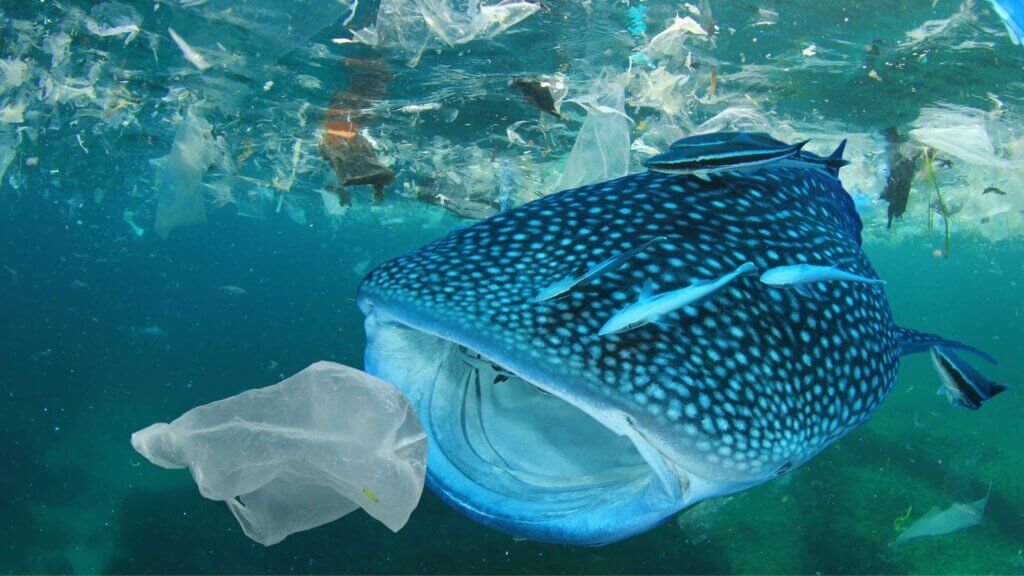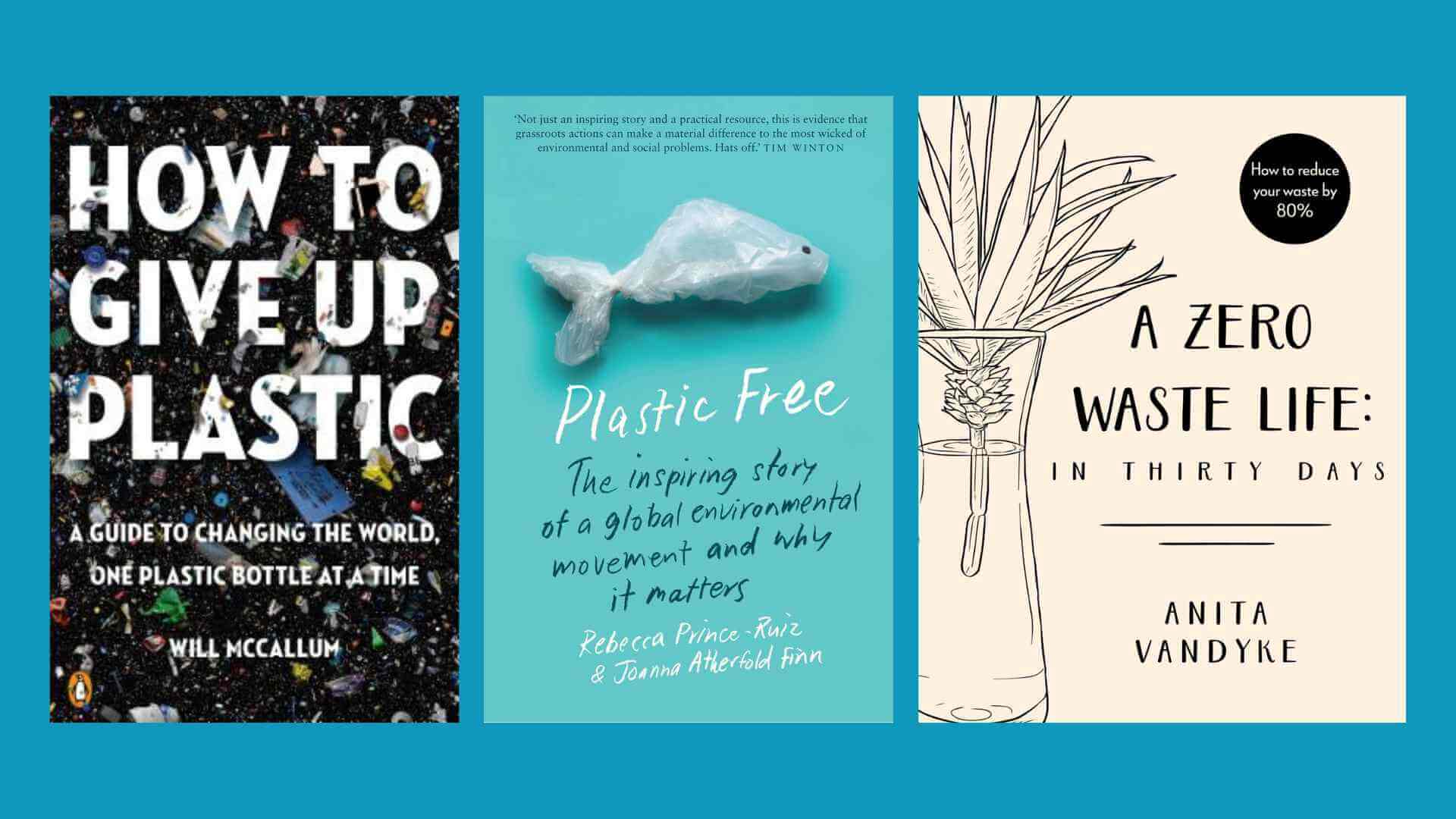Plastics in the Ocean (Fact Sheet)

- It is estimated that up to 13 million metric tons of plastic end up in the ocean every year, equivalent to a truckload of rubbish discharged every minute. This waste causes fish, seabirds, other sea creatures, and marine animals to entangle or ingest plastic debris, causing suffocation, starvation, and death.
- The biggest disadvantage of plastic is that it doesn’t decompose and can stick or move around indefinitely, polluting marine environments and damaging ecosystems. Some plastics float once they enter the ocean, and much of it breaks into tiny pieces forming microplastics that are eaten by sea creatures and animals, getting affected by their toxic effects. Microplastics in different forms are present in almost all water systems in the world, especially the oceans.
- According to the United Nations, at least 800 species worldwide are affected by ocean pollution, and as much as 80% of the debris is from plastic. Plastic waste kills up to a million sea animals annually by ingesting plastics. Many marine creatures are found dead with their stomachs full of plastic waste. Over 1 million marine creatures are killed yearly due to ocean plastic pollution.
- Sea turtles worldwide are worst affected by plastic pollution as they have ingested plastic. Some starve to death as their stomachs become full. On many beaches, plastic pollution severely affects turtles’ reproduction rates by altering the temperatures of the sand where incubation occurs.
- Animals often starve by eating plastic because it prevents them from swallowing proper food. Scientists estimate that 60% of all seabird species consume plastic pieces, which may rise to 99% by 2050, considering the current trend.
Related: These 100 Companies Produce 90% of the World’s Single Use Plastic
- Plastic waste can cause the growth of microbes and pathogens in the ocean. A recent study reveals that corals get contaminated by plastic and have an 89% chance of communicating diseases, compared with a 4% likelihood for corals that do not come in contact with plastic waste. The chances of disease on a coral reef have been enhanced by 20 times due to the presence of plastics.
- In 2018, a survey of the 159 coral reefs across the Asia-Pacific region showed that over 11.1 billion plastic particles came in contact with corals. It is predicted that this number will increase by 40% by 2025. Plastic waste also causes physical damage to the corals and drastically exhausts natural resources. Importantly, more than 7000 species of fish, invertebrates, plants, sea turtles, birds, and marine mammals
- Five massive patches of plastic debris are found in the oceans around the world, where there are huge concentrations of plastic waste covering large areas of the ocean. The largest amongst them, known as the “Great Pacific Garbage Patch”, covers 20 million square kilometres of water. Marine species living in the Great Pacific Garbage Patch are severely affected by plastic waste and disrupting the natural marine ecosystem.
- Plastic has been found at 36,000 feet (approximately 11km) in the Mariana Trench, which indicates that even the deepest part of the world’s oceans cannot escape contamination from plastics.
- Scientists predict that if action is not taken soon to address this serious problem, the weight of ocean plastics will exceed the combined weight of all of the fish in the seas by 2050. When to plastic pollution, we also add overfishing and the exploitation of fisheries, then we can understand how the world’s oceans are threatened and in danger.


